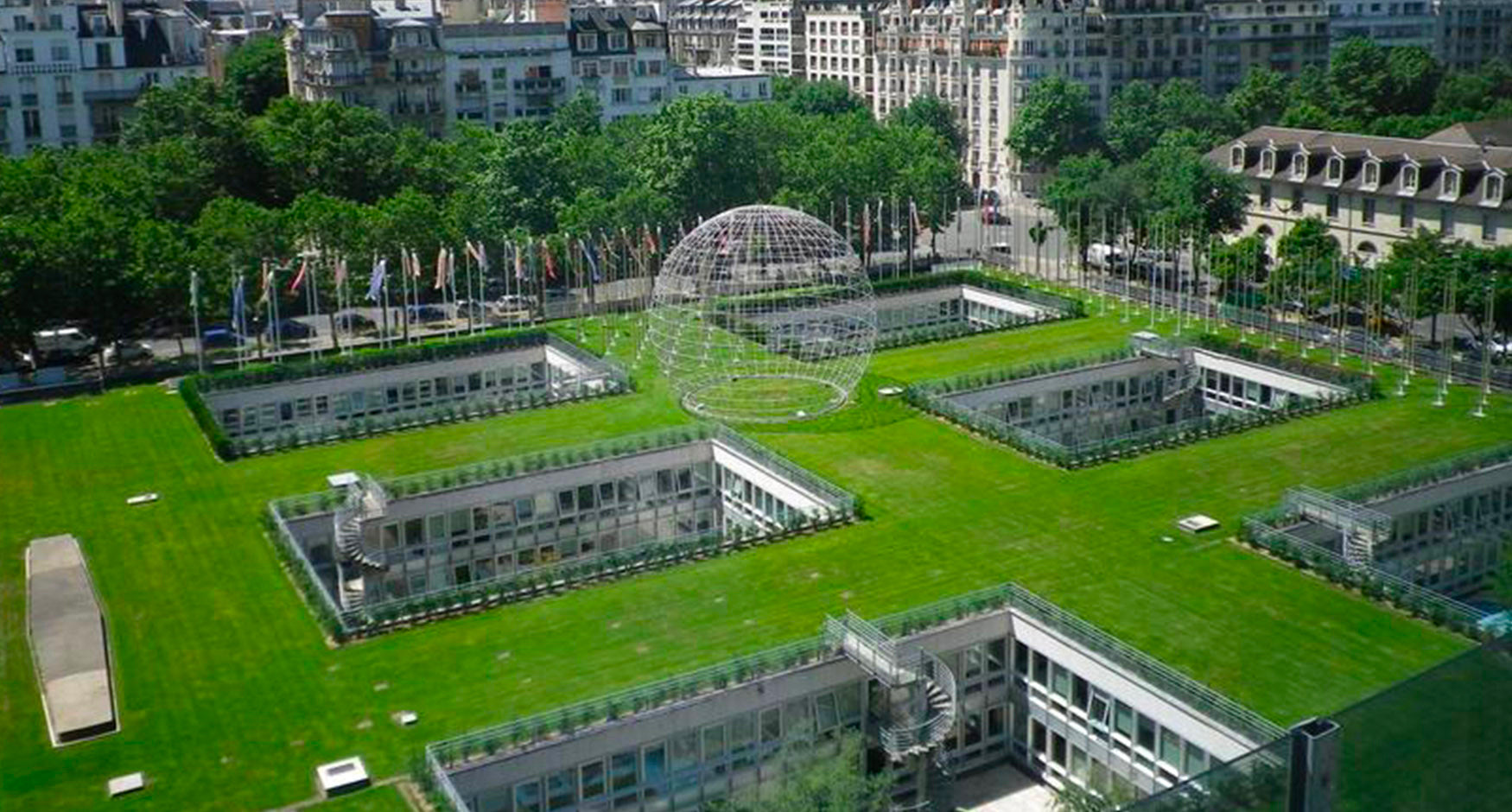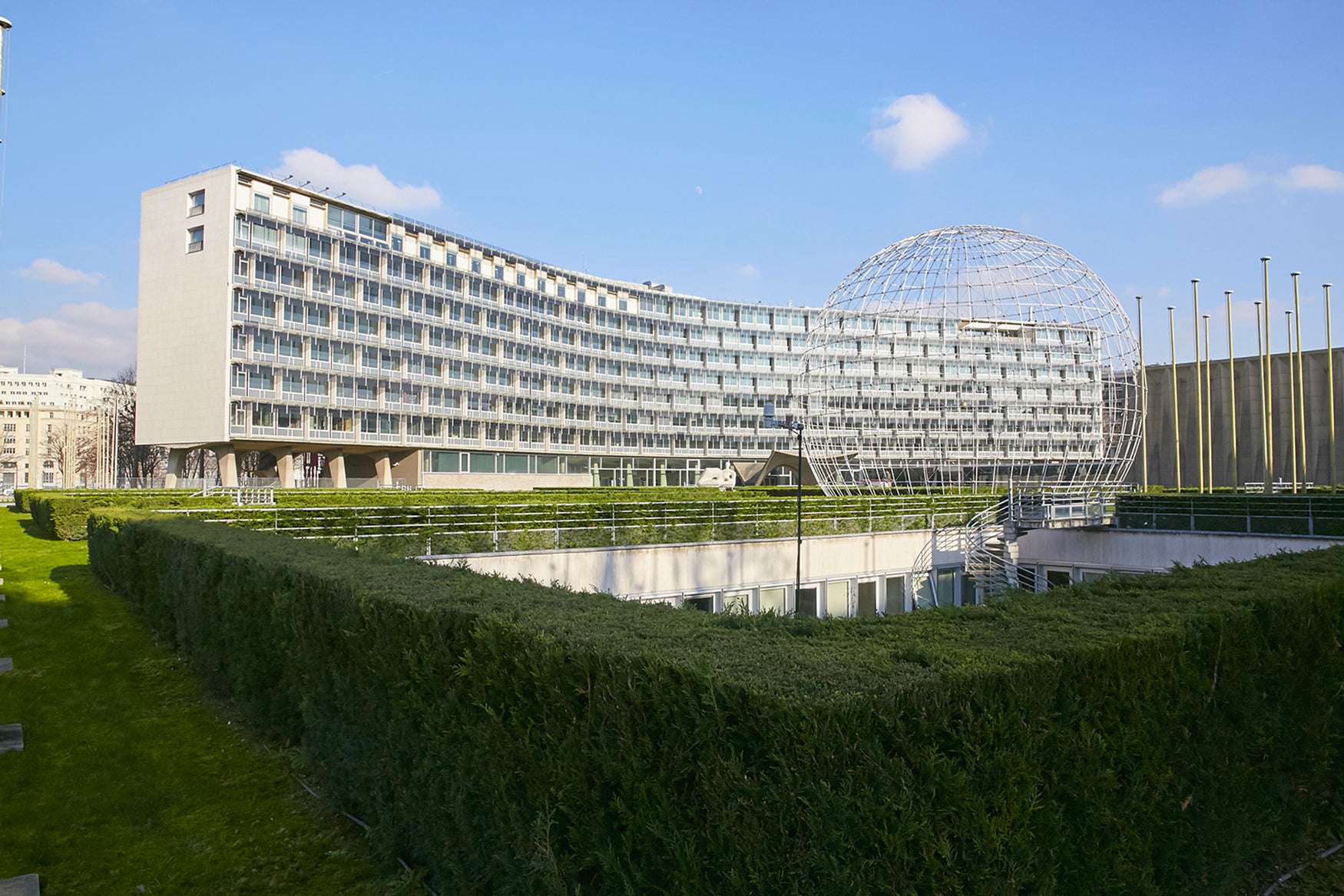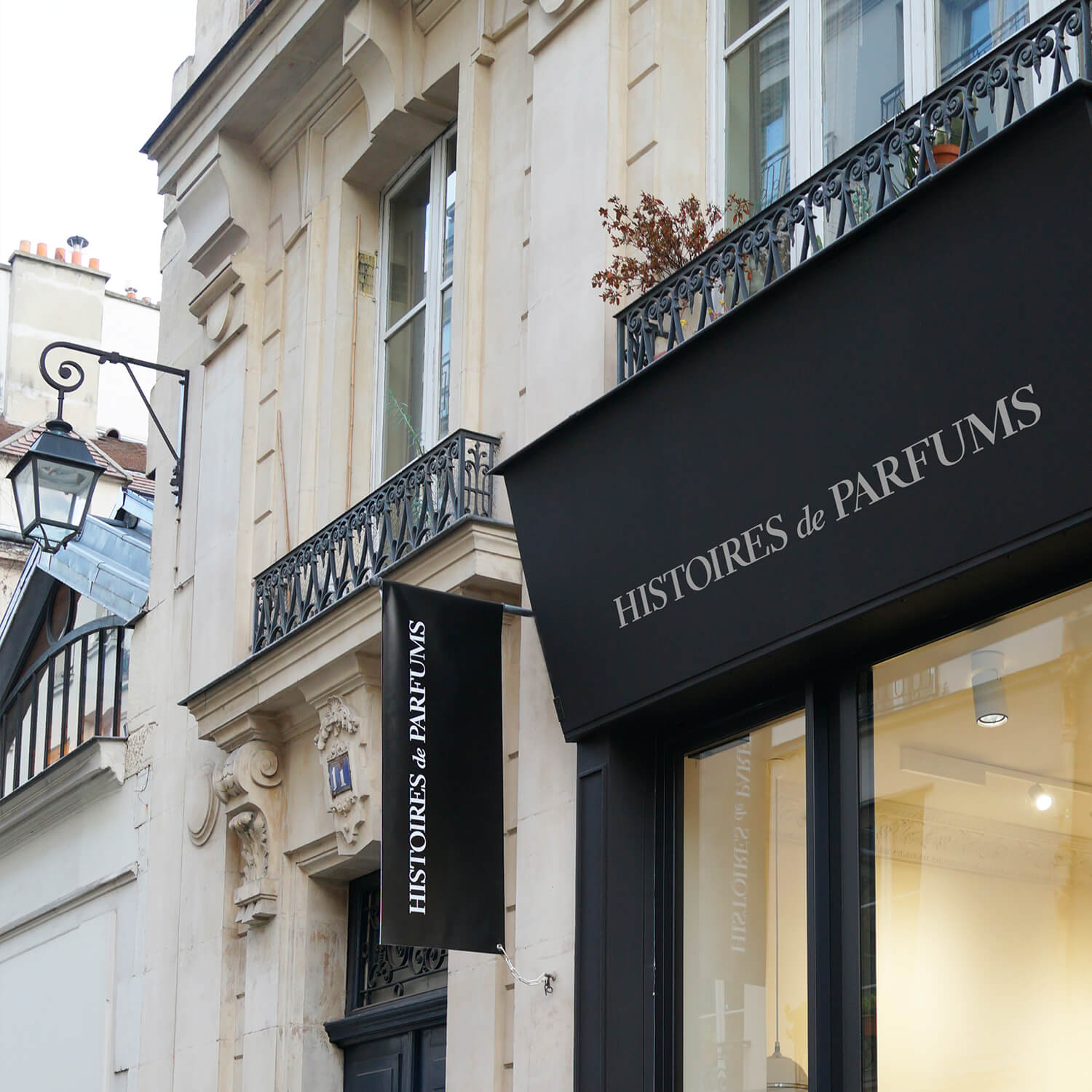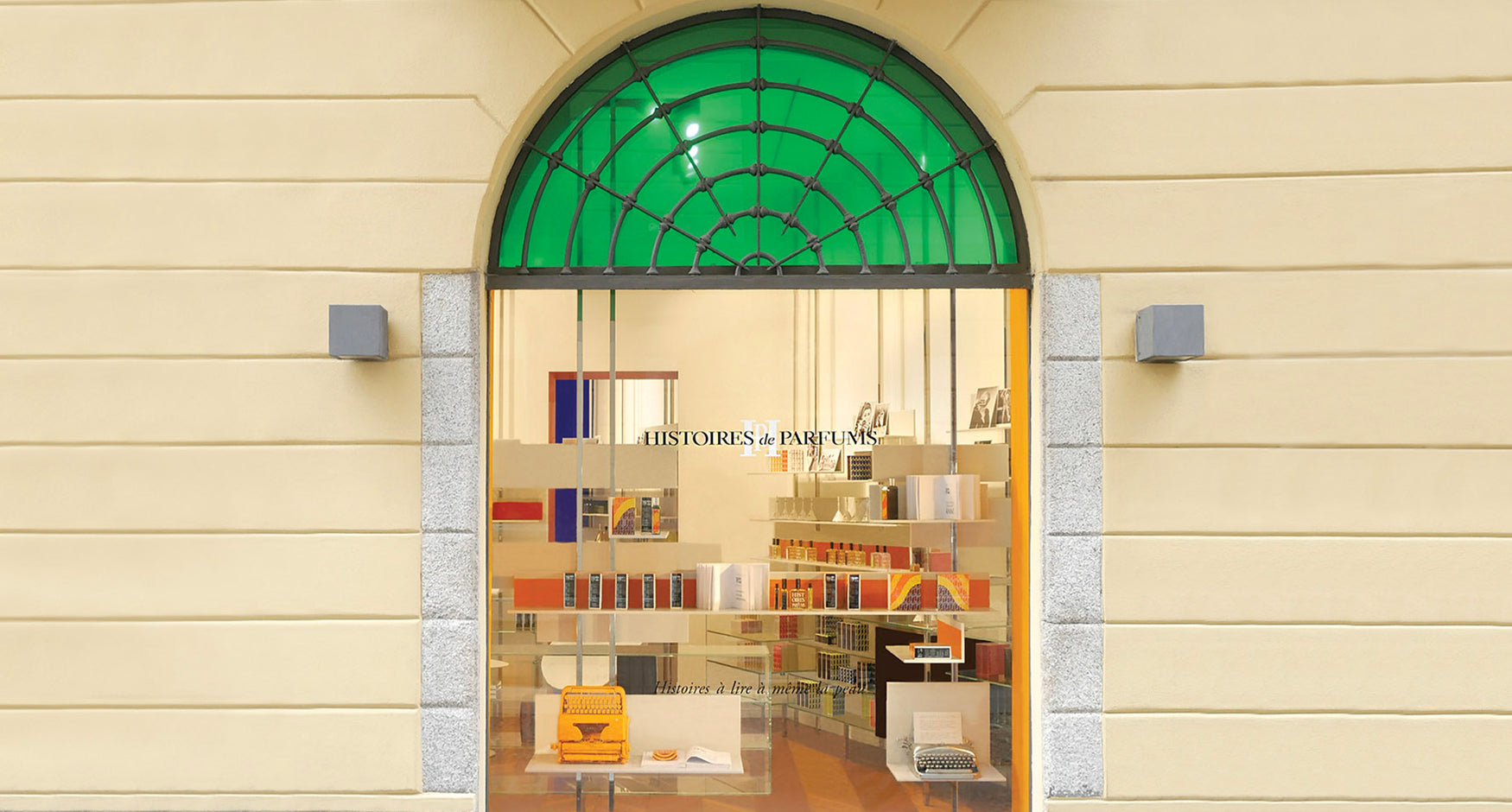
November 16, 1945: Establishment of UNESCO

Genesis:
In September of 1921, the League of Nations (ancestor of the United Nations) sought to form a commission that would call on individual action at the international level. From this, three organizations were established between 1922-1925 including the International Committee on Intellectual Cooperation, the International Institute on Intellectual Cooperation and the International Bureau of Education. However, the work of these organizations came to a halt at the beginning of World War II. For a couple years to come, the sword would be mightier than the pen.
The origin of UNESCO
While the war was in full swing, the Atlantic Charter (1941) and the United Nations Declaration (1942) set a precedent to consider the establishment of a supranational organization intended to promote interstate aid.
Between 1942 to 1945 the Conference of Allied Ministers of Education worked on the proposition of a United Nations Conference that would promote peace through "intellectual solidarity and human ethics".
The conference took place in London on November 1st, 1945 where representatives from 37 different countries signed the constitutional UNESCO act. The signed act came into effect on November 4, 1946 after being ratified by 20 countries.
UNESCO at Work
UNESCO's goal was to use international cooperation as a foundation to instill peace through education, science and culture.
Since 1948, UNESCO has been suggesting to all countries that primary education be mandatory, free and universal.
At the end of World War II in 1951, when Europe's nuclear physics research was at an all-time low, UNESCO held an intergovernmental commission. Following this commission, CERN (European Organization for Nuclear Research) was established in 1952 to which we owe the invention of the World Wide Web (1989) and the discovery of Higgs Boson (2012).
In 1958, the official UNESCO headquarters were inaugurated with the collaborative work of three architects including Marcel Breuer (United States), Pier Luigi Nervi (Italy) and Bernard Zehrfuss (France). The building is located at 7 Place de Fontenoy in the 7th arrondissement and was nicknamed "the three-pointed star".
In regard to culture, UNESCO began implementing action in 1960 with the relocation of the Abou Simbel temple which saved it from the rising waters caused by the erection of the Assouan dam. Today, 1073 cultural sites in 167 countries are protected by UNESCO. Italy, China, Spain, France and Germany are the top five countries holding the most UNESCO protection in order.
Despite its calling for universality, UNESCO was not spared by political tensions. In 1984, the United States pulled out of the organization after Ronald Reagan accused UNESCO of favoring subjects used by Soviet propaganda. The United Kingdom and Singapore also pulled out the following year which provoked a significant decrease in the organization's budget. While the United States returned in 2003, the country made a statement on October 12, 2017 claiming that the organization held an "anti-Israel" agenda and declared it would once again opt out beginning December 31, 2018.
Ironically, UNESCO's actions did not instill a sense of unanimity amongst its members. Some accused the organization of treating certain matters (specifically regarding heritage) unequally across countries, favoring some and not others.
Subjects qualified for memorialization were also at the scrutiny of critics such as the controversy regarding the registration of documents on the life of Che Guevara and the registration of the archives on the Massacre of Nankin into the Memory of the World Register. These types of infractions eventually even led to Japan suspending its financial contributions to the UNESCO budget in 2016.
Despite these challenges, UNESCO has stayed true to its founding principles and currently holds 195 members that continue to engage in missions that promote peace and interstate aid.
"Since wars being in the minds of men, it is in the minds of men that the defenses of peace must be constructed"




اترك تعليقًا
This site is protected by hCaptcha and the hCaptcha Privacy Policy and Terms of Service apply.